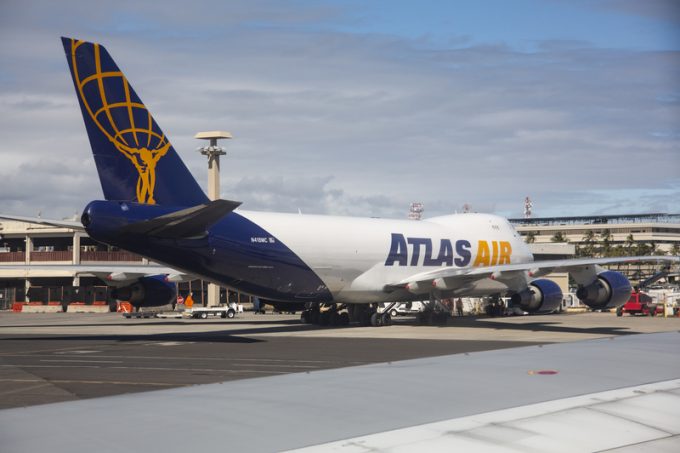The Aerologic is clear as DHL dumps Atlas JV and goes with Lufthansa
Lufthansa – a more comfortable partner for DHL

Atlas Air is facing increased scrutiny of its safety processes, following a damning report into FAA oversight.
Last month, the US Senate’s Commerce Committee released its findings from a 20-month investigation into the FAA, triggered by the 737 Max crashes. Partly based on disclosures from more ...

Comment on this article
Truth
January 13, 2021 at 7:01 amLest we forget Atlas also flies passengers and has flight attendants. The deficient oversight of safety compliance for cabin crew is just as alarming and must be corrected. Atlas Air management are tyrants and bullies and i dont say this just to say it, i know from experience. They fly our troops under a AMC contact, the military might want to reevaluate that choice of airline transport.